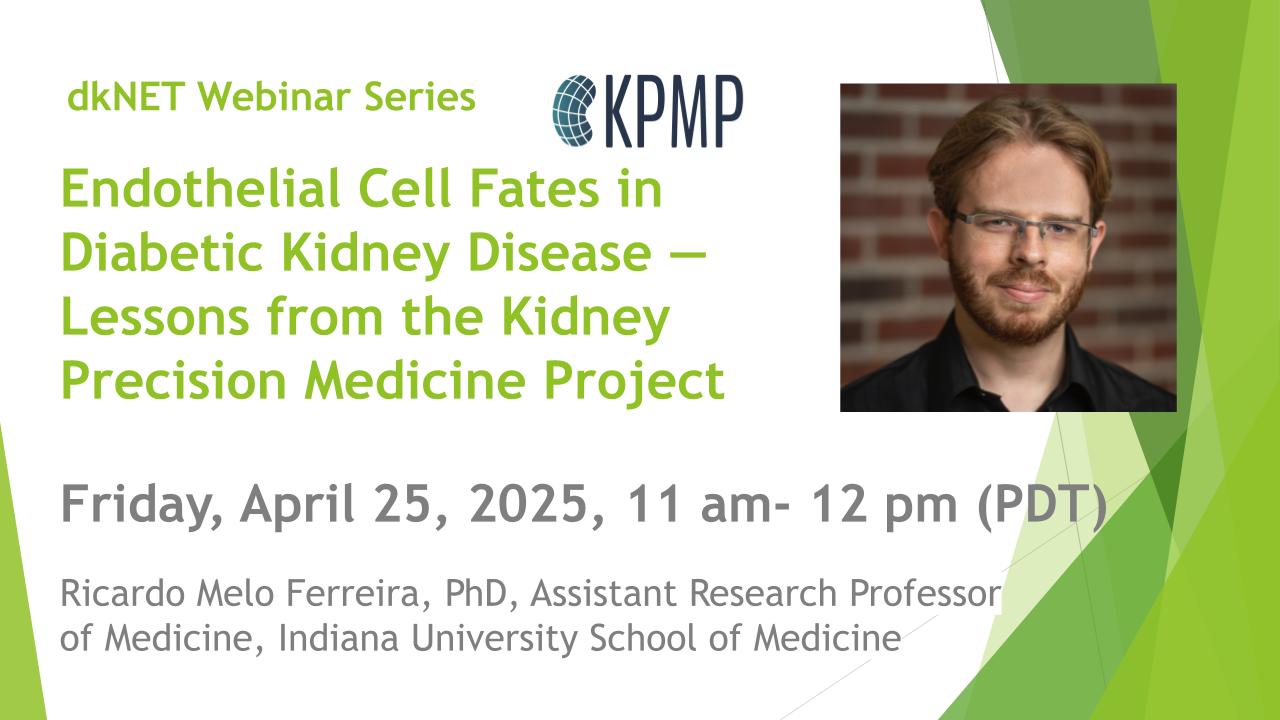Leaving Community
Are you sure you want to leave this community? Leaving the community will revoke any permissions you have been granted in this community.
[Recorded Webinar and Slides Are Available Now!] Join dkNET Webinar: The NIH Mutant Mouse Resource and Research Centers (MMRRC) Consortium on Friday, February 14, 2020 at 11am PT
*Watch recorded webinar here: https://youtu.be/kvNZTizhrWA
*Webinar Slides: https://www.slideshare.net/dkNET/dknet-webinar-the-nih-mutant-mouse-resource-and-research-centers-mmrrc-consortium
Join dkNET Webinar on Friday, February 14, 2020, 11am - 12pm PT
The Mutant Mouse Resource and Research Center (MMRRC) Program is the nation’s primary mutant mouse archive and distribution repository system. The MMRRC Program was established by the NIH 2 decades ago to ensure the preservation, dissemination, and development of valuable mutant mouse strains and data generated by research scientists. It also plays a key role in supporting rigor and reproducibility of experimental studies using mouse models. The MMRRC Program was constituted as a trans-national regionally-distributed network of four Centers each hosting an archive and distribution repository, located at the University of California Davis, University of Missouri-Columbia, The Jackson Laboratory, and the University of North Carolina-Chapel Hill, and an Informatics Coordination and Service Center (ICSC) located at UC Davis. Center members of the MMRRC Consortium serve the needs of the nation’s biomedical research community by ensuring access to and optimizing utilization of transgenic, knockout and other genetically engineered mutant mice and related biomaterials, services, and new technologies. To do so, the Centers import, verify, maintain, and distribute mice, gene-targeted embryonic stem (ES) cells, and germplasm of genetically unique, scientifically valuable mice that are essential for contemporary translational biomedical research. MMRRC Centers also provide services and procedures to assist investigators using genetically-altered mice for research in numerous areas including cancer, neurodegenerative, metabolic, developmental, genetic, and other diseases. Finally, Consortium members conduct resource-related research and develop and refine technologies that add scientific value to submitted mutant mouse strains and capitalize on the power of mouse genetics for biomedical research. By submitting their mice to the MMRRC Consortium, and upon acceptance, assignment, and deposition into an MMRRC Center, investigators fulfill their obligation under the NIH Data and Resource Sharing Policies. In return, the MMRRC Program strives to preserve, protect, quality control, and provide mouse models for study by research scientists and investigators across the nation and the globe. User surveys and feedback, discussions between MMRRC Consortium members and NIH Program representatives, input from Internal Advisors, and engagement with the MMRRC External Advisory Committee (EAC) of experts ensure that the MMRRC Program continues to serve the experimental mouse needs of the biomedical research community.
The top 3 key questions that MMRRC portal can answer:
- How can I find mouse models of interest to my area of research?
- What are the top 10 mouse models available from the MMRRC relevant to diabetes?
- How can I deposit my mouse model into the MMRRC?
Presenter: Dr. Kent Lloyd, Professor, Department of Surgery, School of Medicine; Director, Mouse Biology Program; PI/PD, Mutant Mouse Resource and Research Center at University of California, Davis
Dial-in information: https://uchealth.zoom.us/meeting/register/uZMocu2urDsoiGeA4Y7ElNSK-qNNxxJeNw
Upcoming webinars schedule: https://dknet.org/about/webinar





